We pay so much attention to what we eat and how much we eat, but are you also mindful of when you are eating? Nutrient timing plays a key role in how your body utilises the nutrients you’re consuming, and knowing the ins and outs of when to consume certain nutrients can be useful for athletes to maximise their performance and results.
We reached out to Clinical Nutritionist Ebony Jade to share her expertise on nutrient timing for combat athletes. In the article below, Ebony explains how combat athletes can use nutrient timing to their advantage, when to consume certain nutrients, and five performance-enhancing foods that you can easily incorporate into your diet.
Nutrient timing for performance and results
Many people choose to eat when they are hungry, bored or looking for emotional comfort. But when your goal is better health and greater performance, planned meals assist in not only maintaining healthy blood sugar levels but also coping with physical and mental stress, as skipping meals can increase cortisol. If done consistently for a period of time, this can lead to anxiety, insomnia and ultimately hinder performance.
Nutrient timing is not going to be as much of a priority for the everyday enthusiast looking to simply maintain a healthy lifestyle, as it will be to an elite athlete. How it is best utilised by an athlete depends on what types of sports or competitions you are involved in. Research has shown that for combat and precision sports, consuming carbohydrates during intense training can activate central nervous system drive in the brain and achieve better focus and strength output.
If your training schedule includes multiple sessions a day, or it’s intense, restoring glycogen by consuming carbohydrates within 60 minutes post training can be beneficial. If training is less frequent, your goal would be to ensure carbohydrates are included in the hours following training.
Are there some nutrients where timing matters more than others?
The macronutrient manipulated most commonly in nutrient timing is carbohydrates. However, if you are not an athlete and you usually train for an hour or less per session, it’s likely you won’t require a nutrient timing strategy for pre workout, as your muscle glycogen stores are likely full, so long as you have a consistent eating pattern.
Carbohydrates consumed post training is supportive in recovery and replenishing depleted glycogen instead of being stored as fat. While 20-25 grams of protein consumed post training stimulates protein synthesis which is an important process for repair and recovery.

Is there any general rule to follow on when you should consume different types of foods (e.g. protein, carbs, etc.)?
For active people who are looking to support their training and improve performance, establishing sustainable nutrition and lifestyle habits while choosing to consume mostly nutrient dense wholefoods such as organic meat, fish, eggs, plain yoghurt, nuts, beans, antioxidant rich vegetables and fruit is a good practice to establish.
As mentioned earlier, post workout is the prime time to eat carbohydrates as the muscles are most sensitive to insulin, so the consumed carbs will be stored as energy and not fat.
For people who have trouble sleeping, including dense carbohydrate foods such as sweet potato within the evening meal, can lower the stress hormone cortisol, and raise the relaxing neurotransmitter serotonin so you can achieve restful sleep, and if you are looking for peak performance, optimising your sleep is key.
5 performance-enhancing foods
Almonds
Not only are almonds supportive in enhancing energy and our antioxidant capacity, they contain key nutrients that are supportive in improving performance including omega-6 fats, arginine, magnesium and vitamin E. While being nutrient dense, almonds can raise body temperature as they are metabolized, which can lead to greater energy expenditure.
Nutrient timing: Consume with main meals throughout the day to support energy production and antioxidant uptake.

Blueberries
While also being heart protective, research has shown the performance benefits of blueberries come from the antioxidants they contain. This helps fight oxidative stress and reduce delayed onset muscle soreness (DOMS) as they can accelerate the removal of waste products produced during intense training, which then allows the body to repair tissues and recover strength more efficiently.
Nutrient timing: Consume with main meals to reap the antioxidant benefits, particularly post training to reduce DOMS from intense training.

Beetroot
The compound in beetroot, nitric oxide, has the ability to increase performance by increasing blood flow to the muscles, and improving the body’s ability to extract oxygen. Research has shown that consuming beetroot approximately an hour before training can improve performance, indicating when there is more blood reaching the muscles, energy production improves along with being able to perform at a greater intensity for a longer period of time.
Nutrient timing: One hour before training to increase performance.

Cold-water fish
(Salmon, Sardines & Mackerel)
They are high in amino acids which trigger protein synthesis and reduce the breakdown of lean muscle tissue that occurs with high cortisol levels. While also containing anti-inflammatory omega-3 fats, DHA and EPA.
Nutrient timing: Consume with main meal to support energy production, and support muscle protein synthesis.

Sweet potatoes
While being nutrient-dense, sweet potatoes are ideal for post training when you need to replenish the stored fuel source in muscle: glycogen. While being high in carbohydrates, sweet potatoes increase insulin, which has a protective antioxidant effect on muscle by suppressing inflammatory products that are produced during training.
Nutrient timing: Consume post training to replenish muscle glycogen.

Bonus: CMBT OCTANE
We specifically created CMBT OCTANE as an amino adaptogen performance enhancing nutrition supplement designed to help you improve performance, prevent muscle breakdown and help you with your recovery.
It's built on a base of 6000g Fermented Branched Chain Amino Acids BCAA (L-Leucine, L-Valine and L-Isoleucine) that help to maintain your muscle mass, improve aerobic and anaerobic endurance, support better recovery times (helping with DOMS) and more.
It also has L-Glutamine, PEAKO₂®, an Electrolyte Mineral Premix, Vitamins and Antioxidant Polyphenols to give you many other benefits including immune system support, helping to increase your power and strength, hydration and nutrient replenishment to name some of the benefits of them.
Nutrient timing: CMBT OCTANE can be used at different times during the day (even post workout) if you want to help holistically with your recovery process and boost your overall daily energy. However, it's primary purpose is to be used as either a low calorie/low carbohydrate non-stimulant pre-workout drink or a low calorie/low carbohydrate intra-workout drink to sip on while you're training.
To mix your CMBT OCTANE BCAA, you need a CMBT Protein Shaker and about 200ml to 300ml of cold water. Add in the 200 to 300ml of water to your shaker cup, add one 11g scoop of powder into your shaker, then shake vigorously for 10 to 15 seconds before you drink.
Click here to learn more about how CMBT OCTANE fuels your performance.

If you enjoyed this article and want to read more from Ebony, check out her website www.ebonyjadehealth.com and follow her on Instagram @ebonyjadehealth.


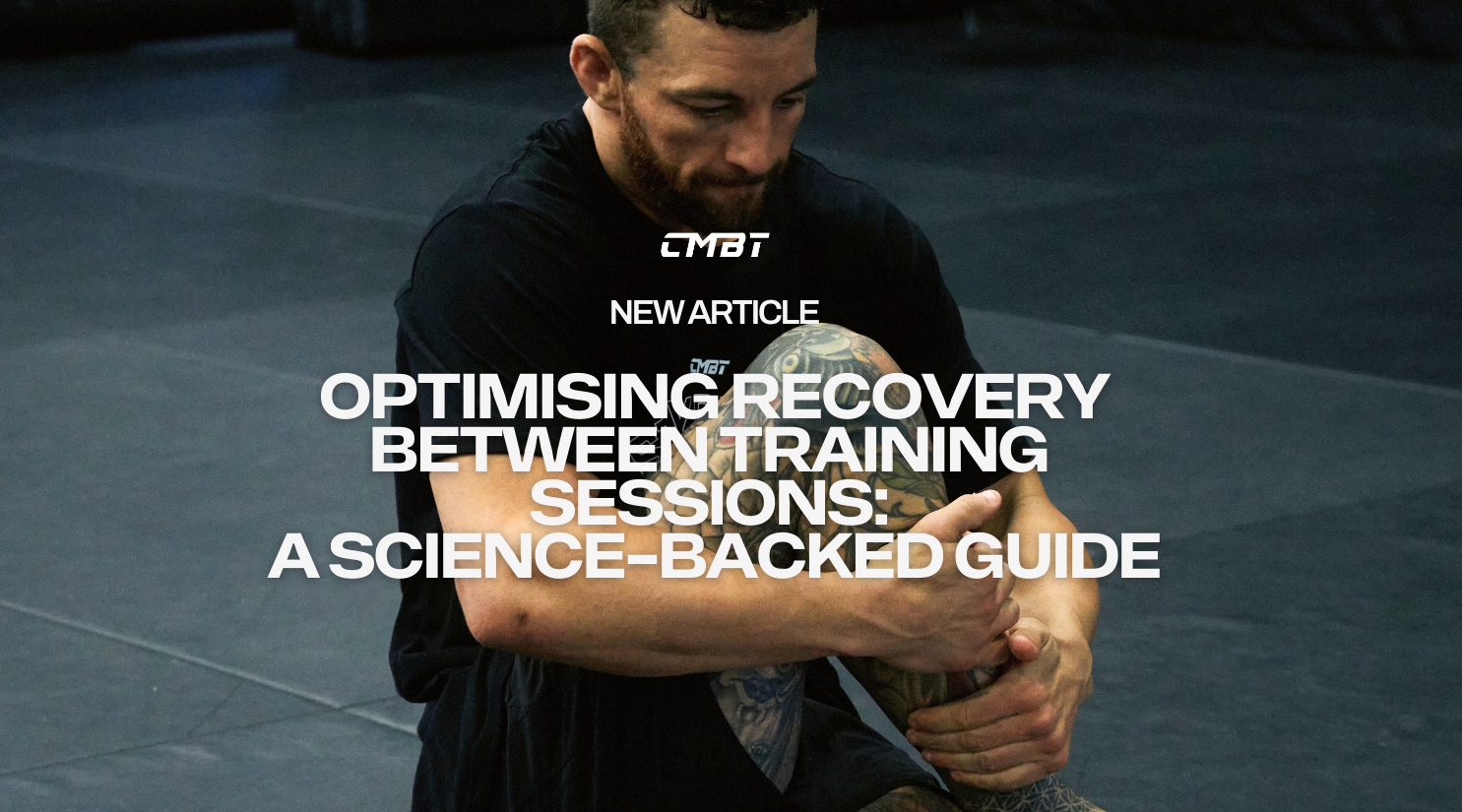


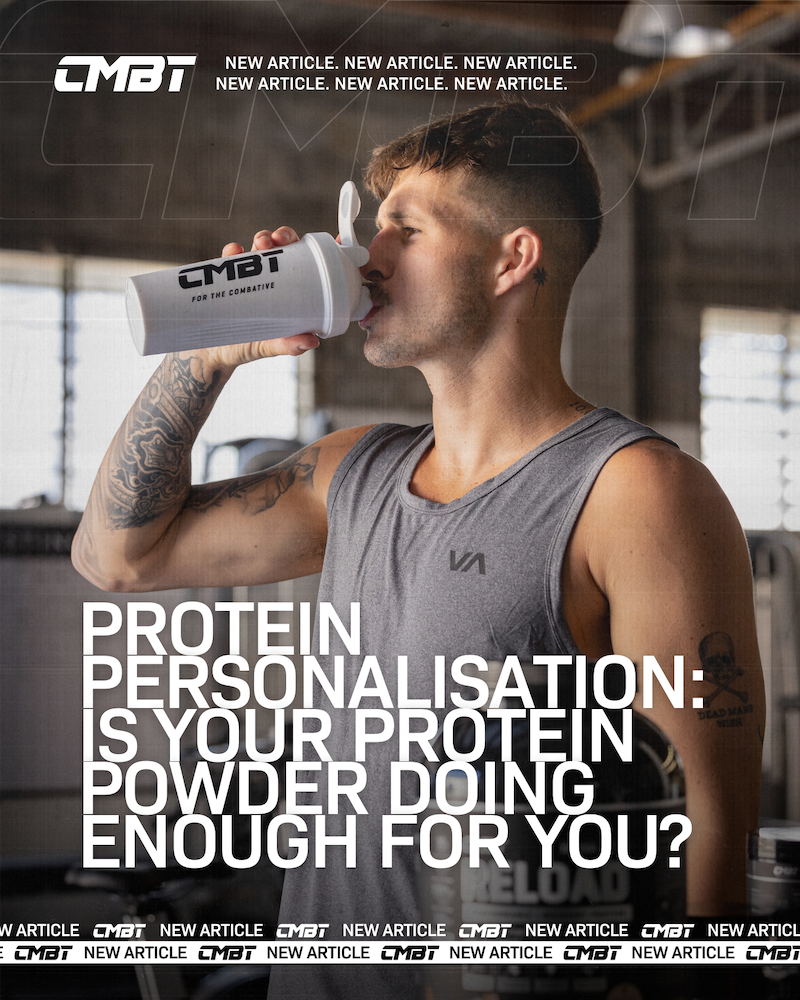

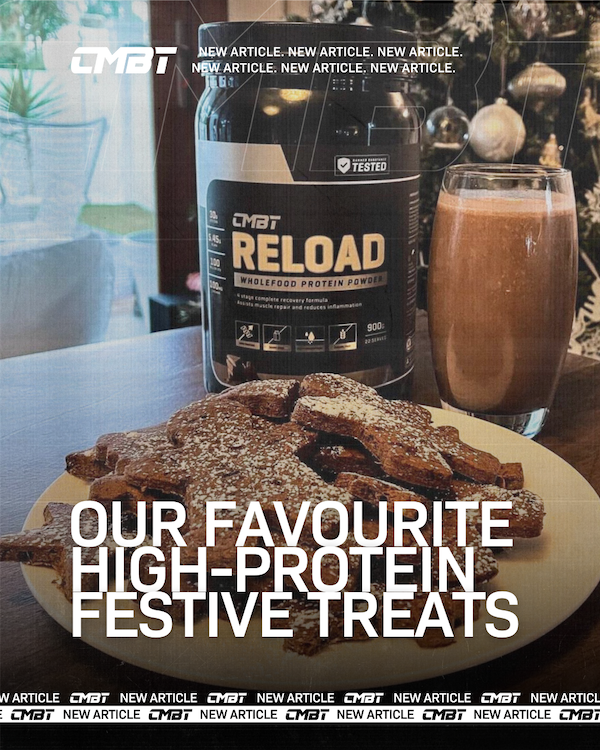









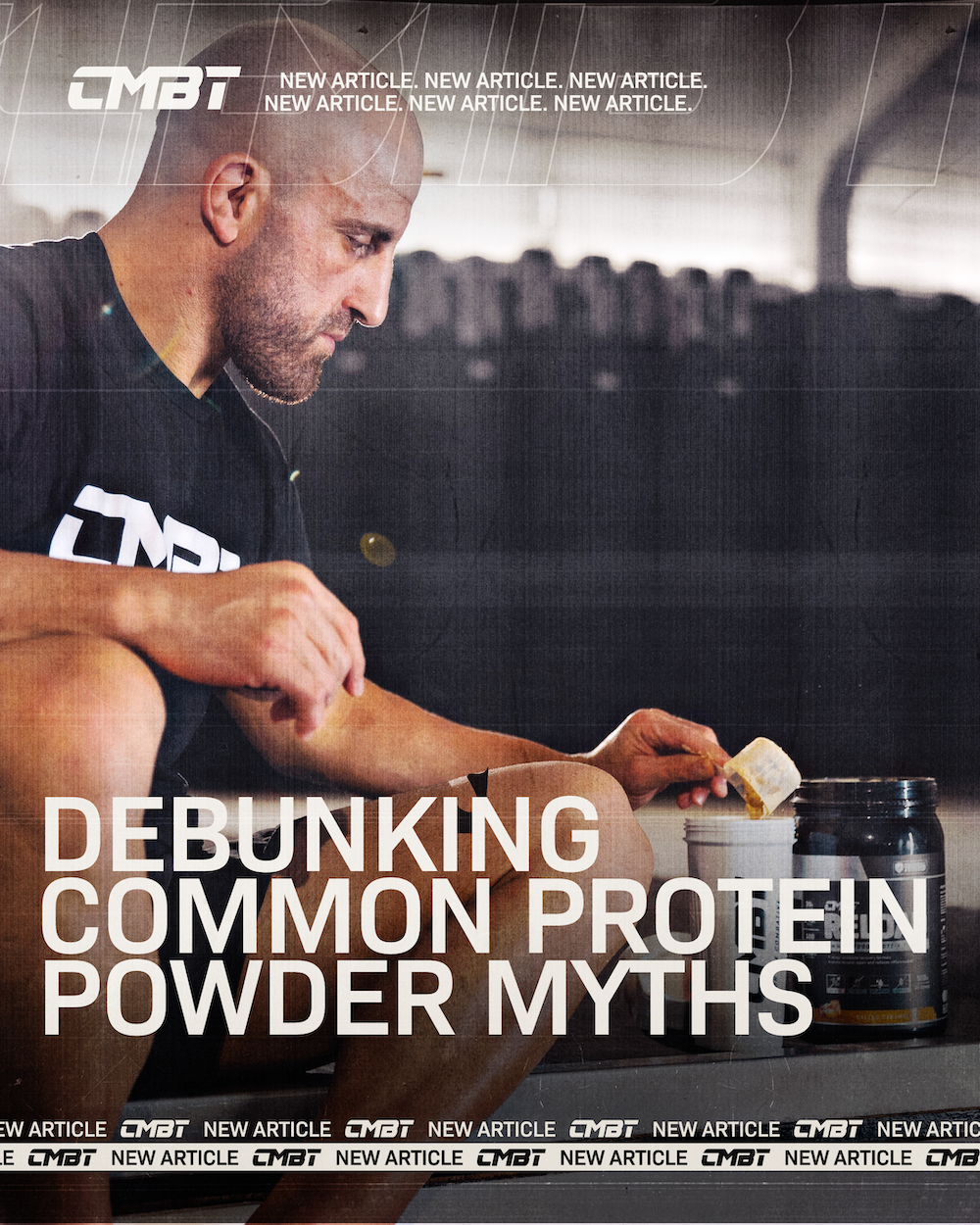
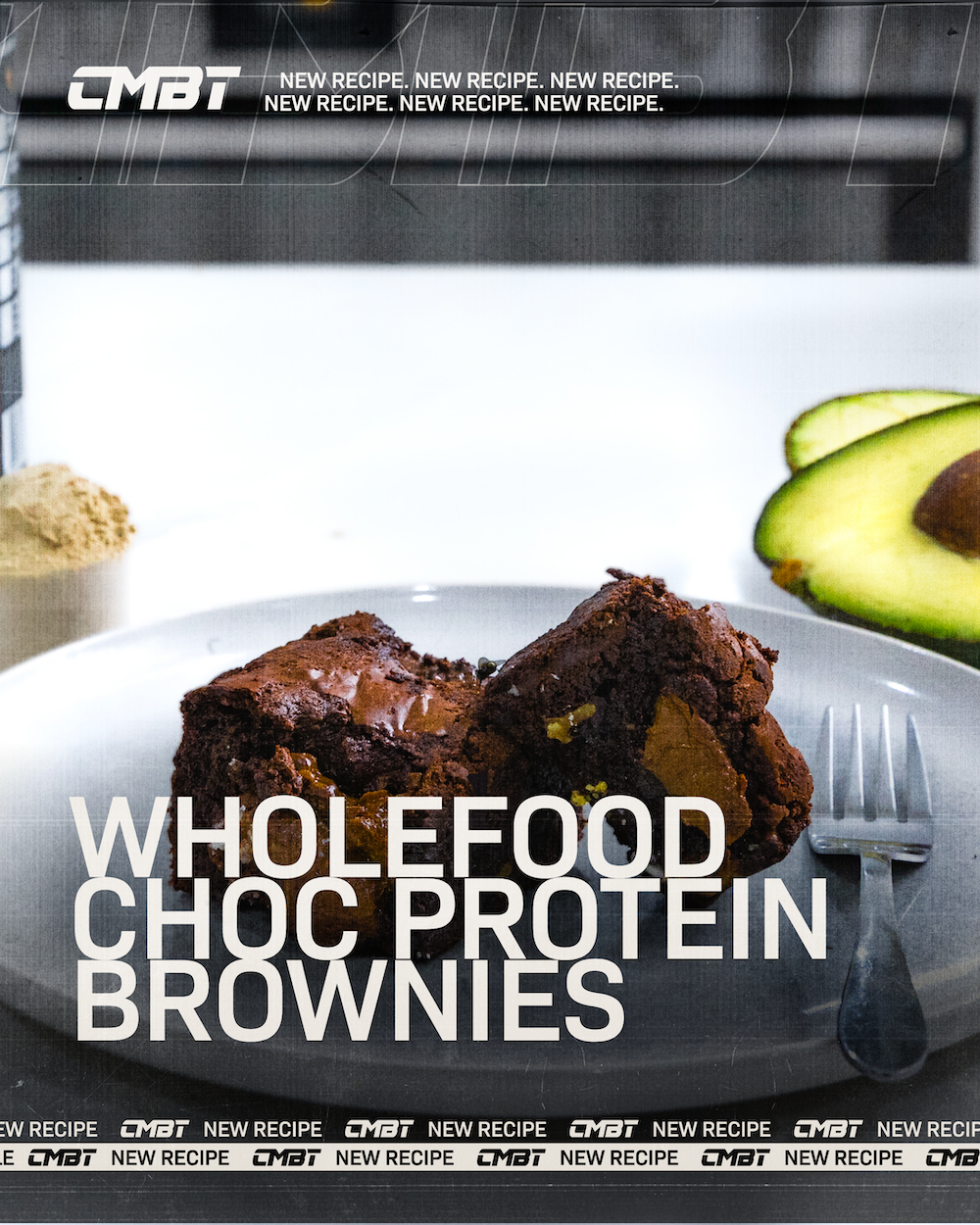





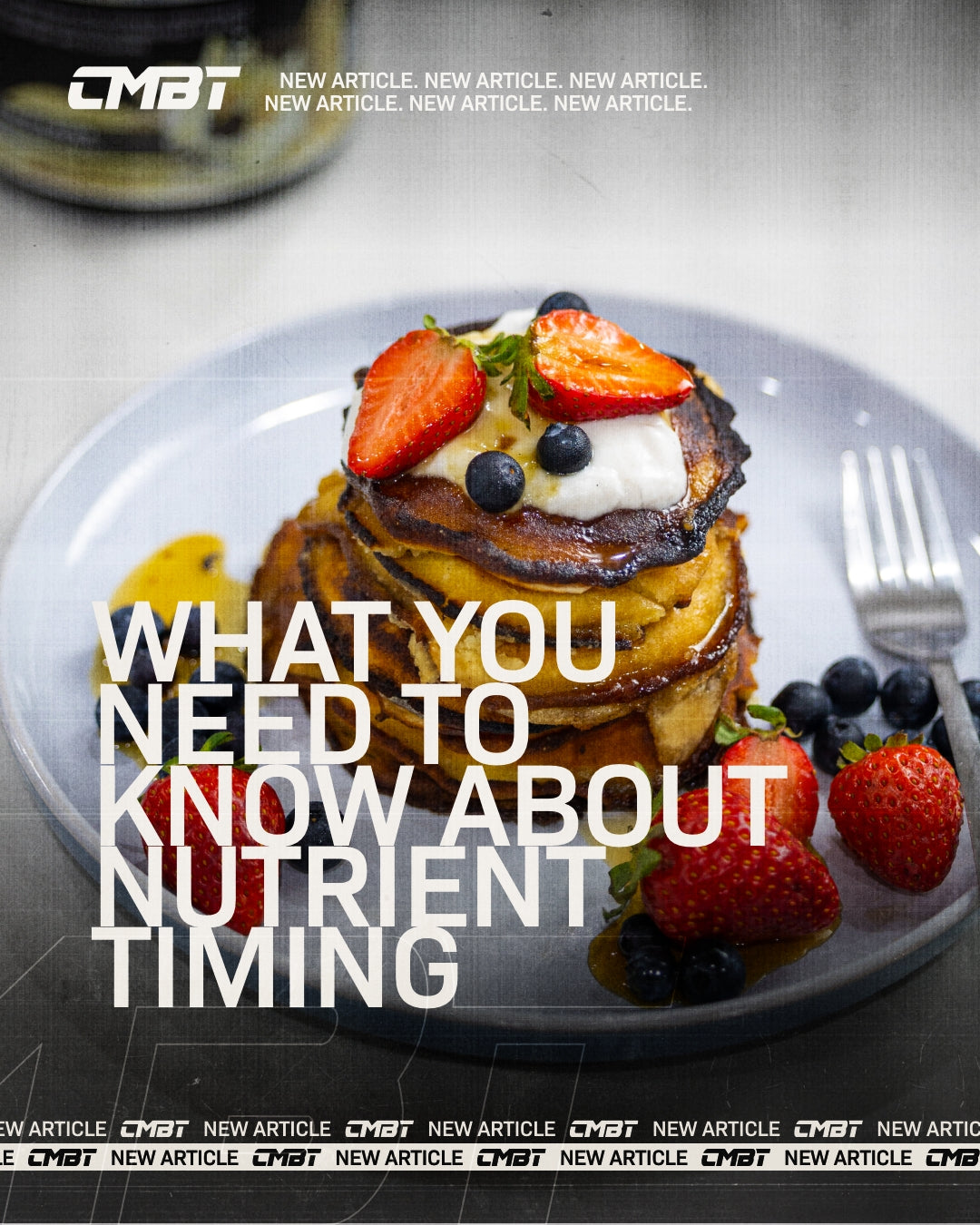



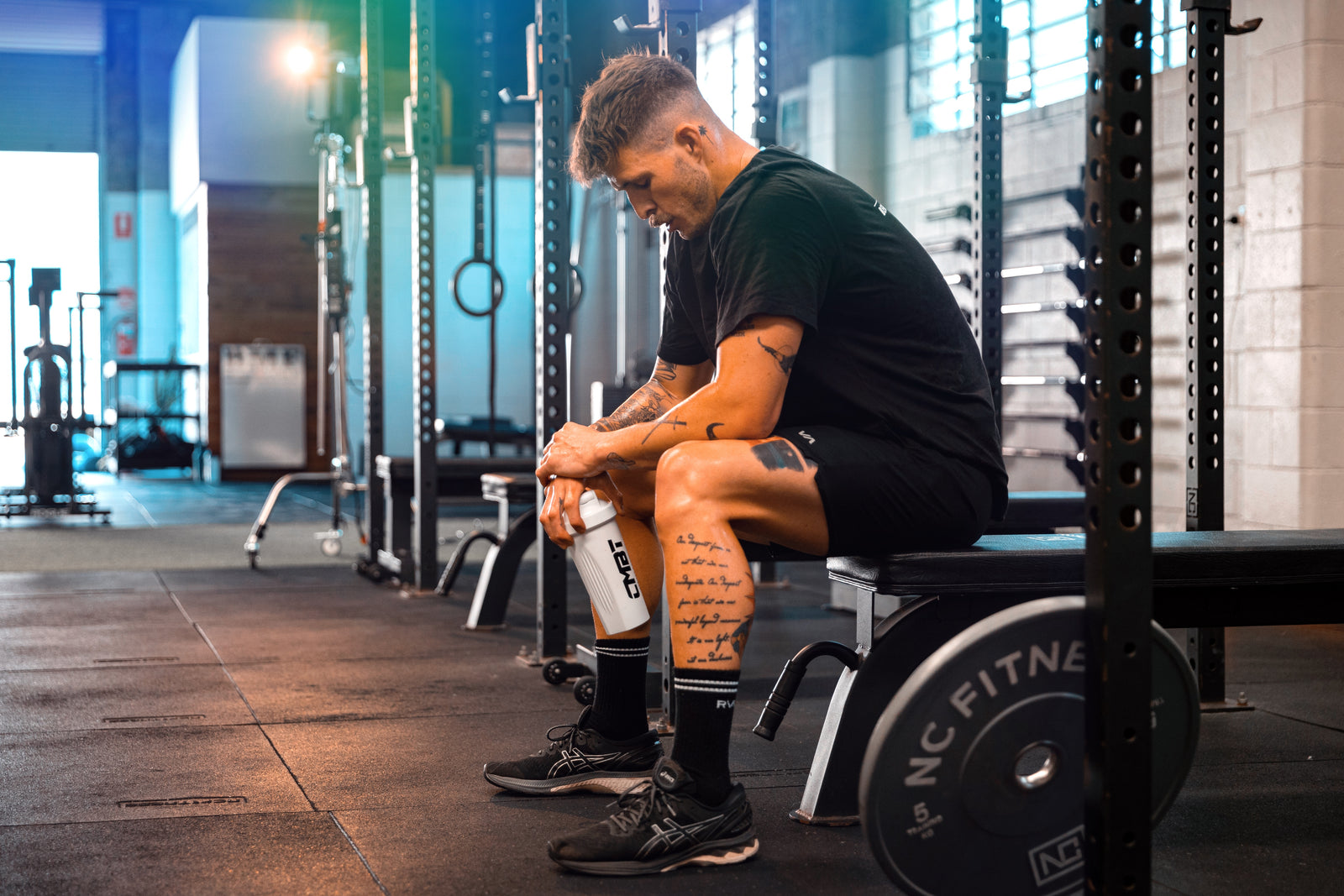
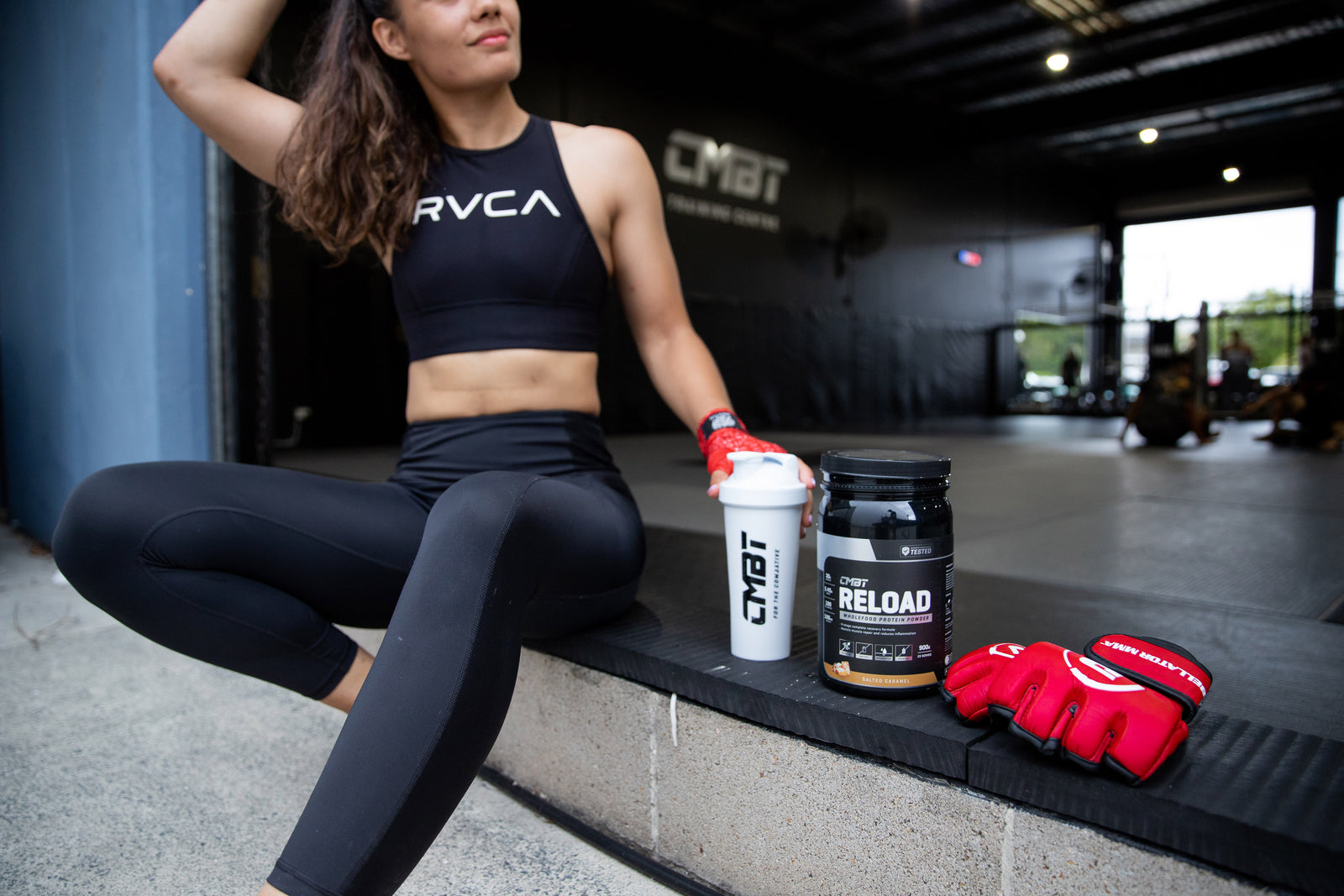
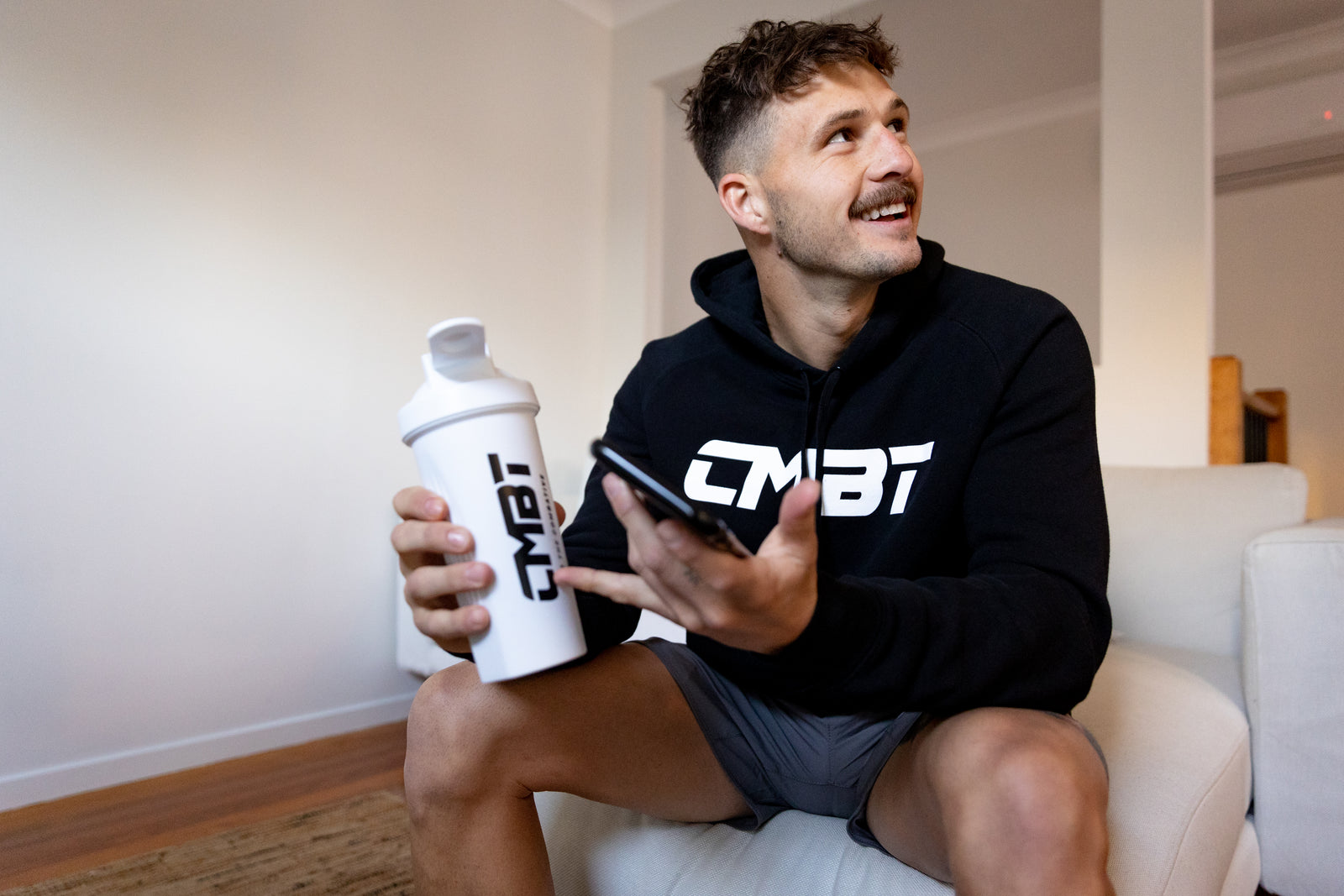


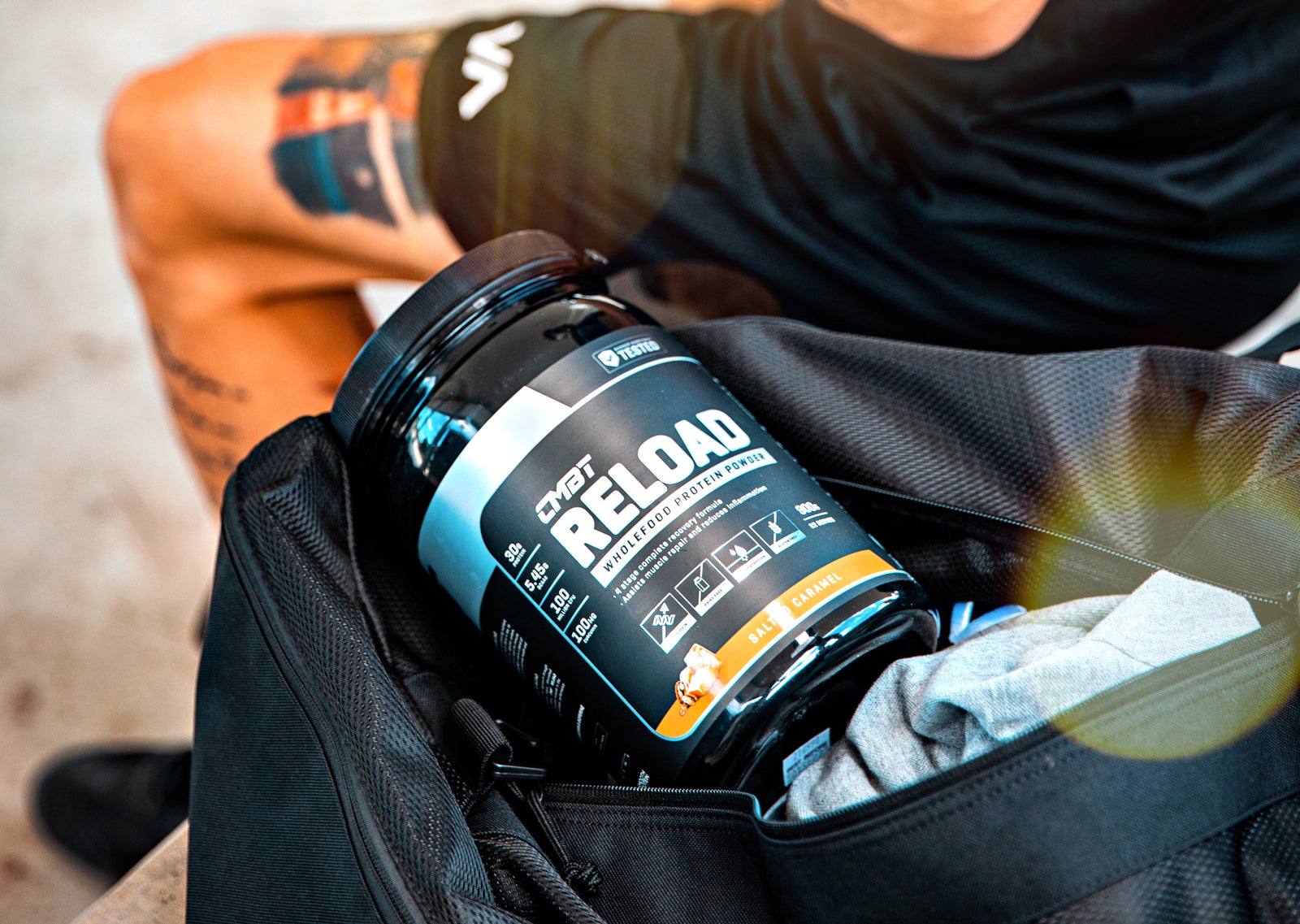



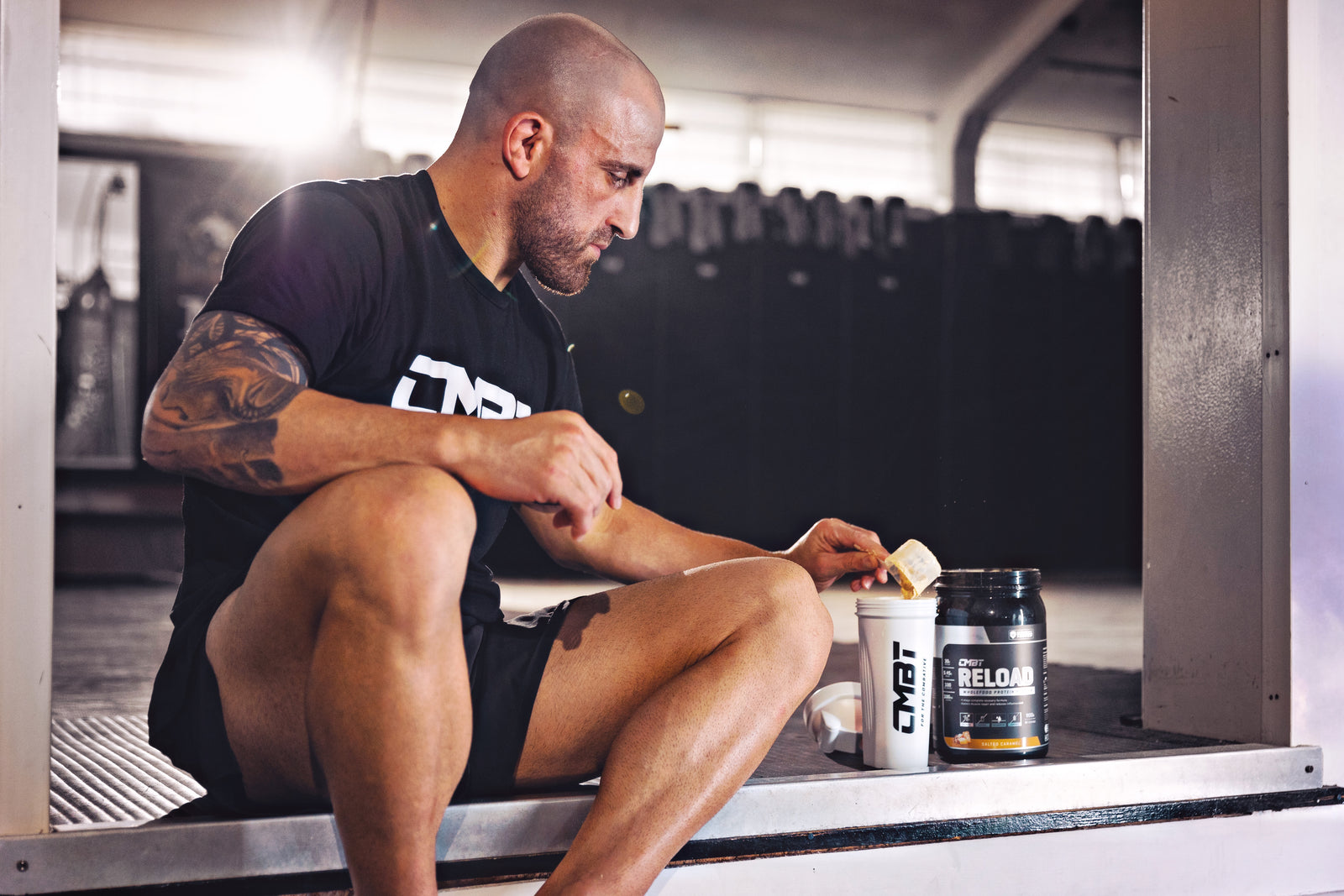

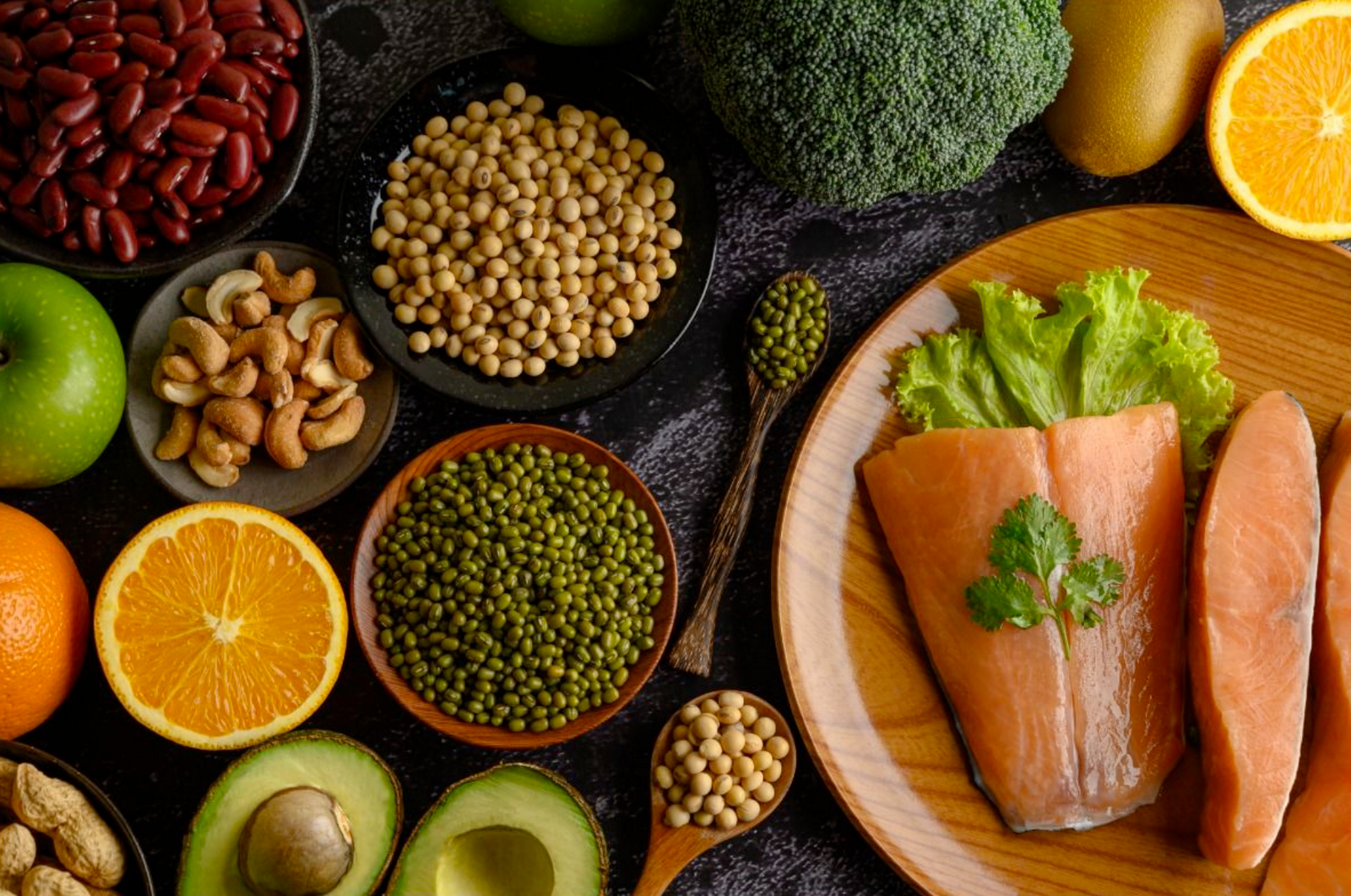
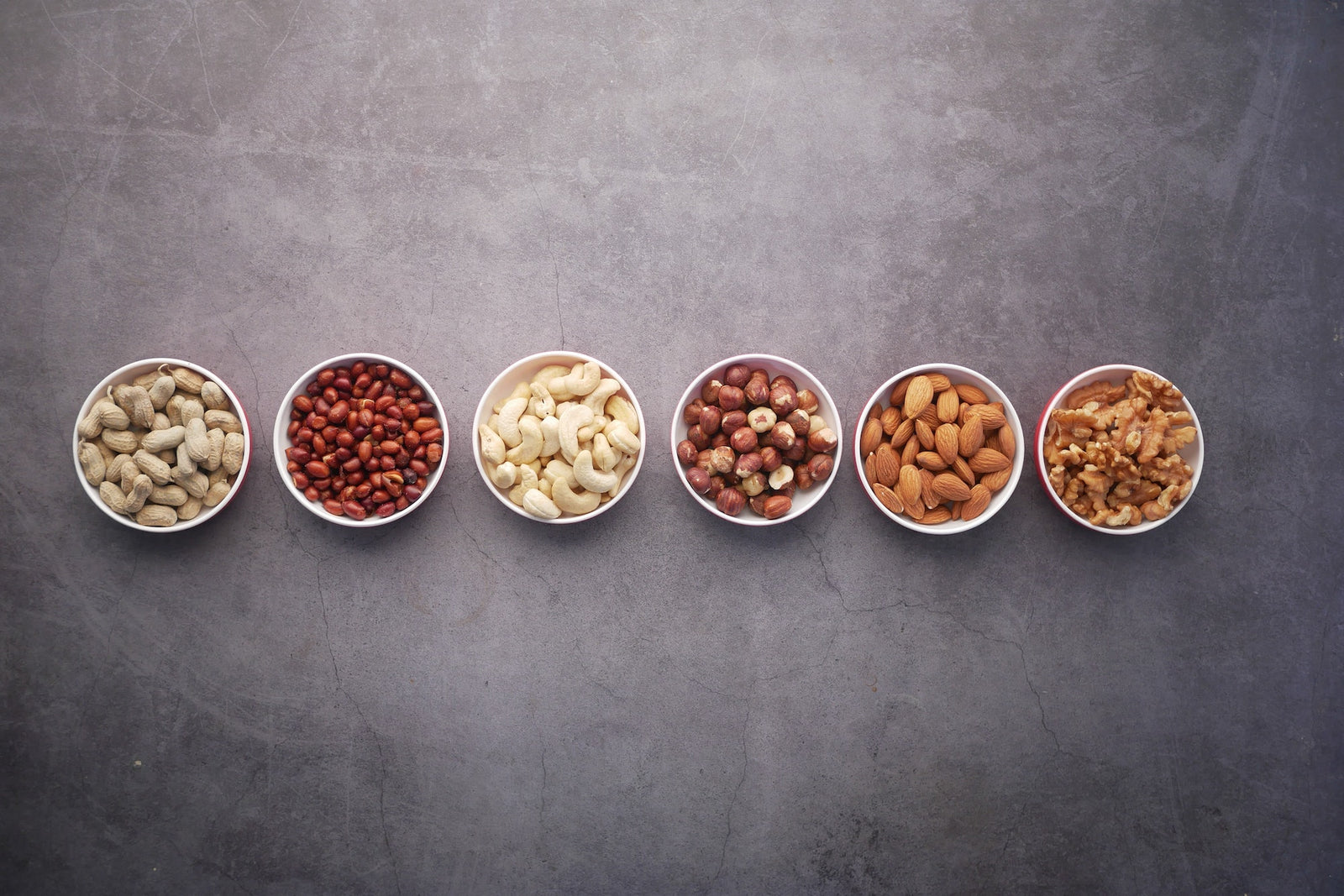

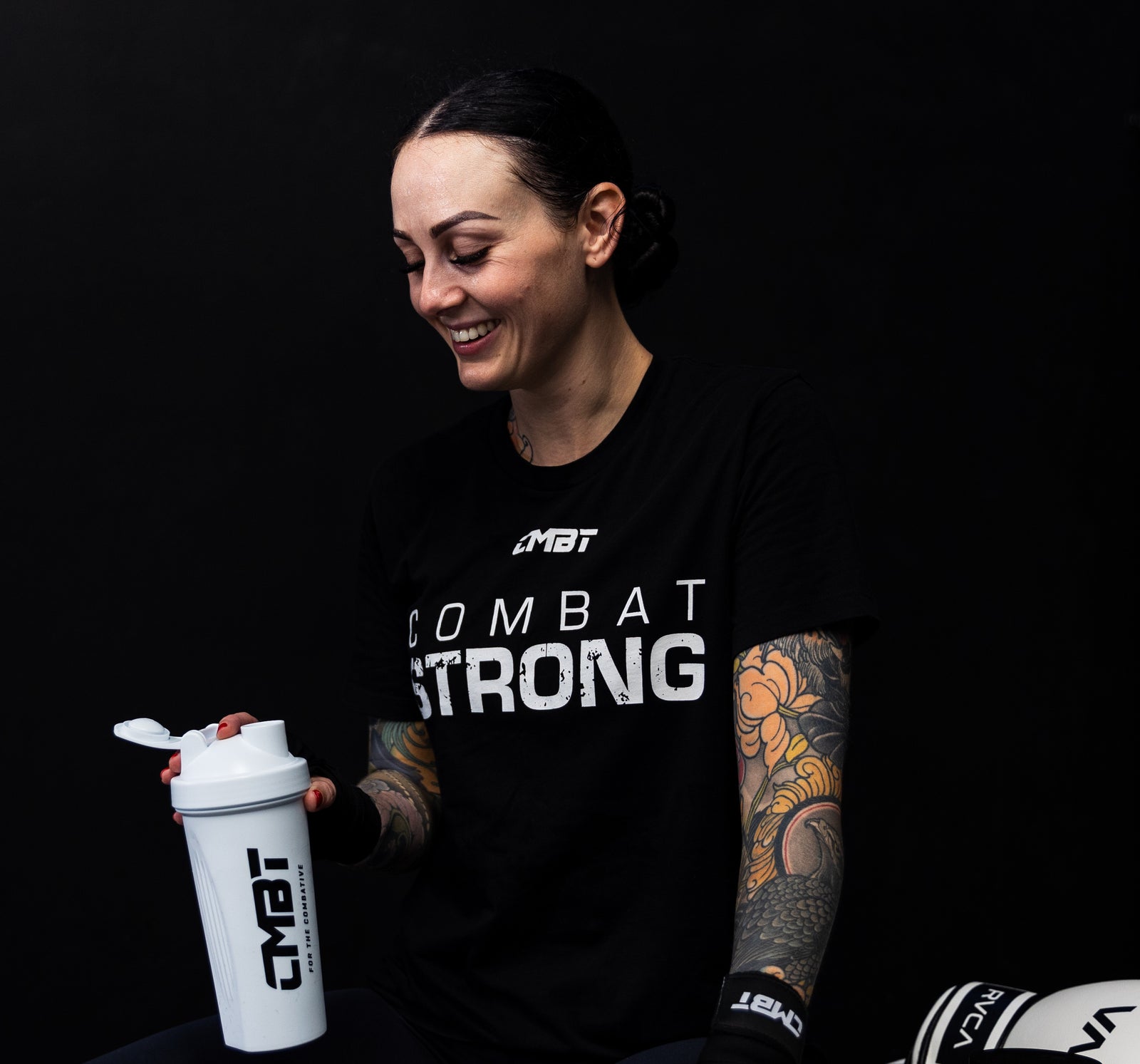



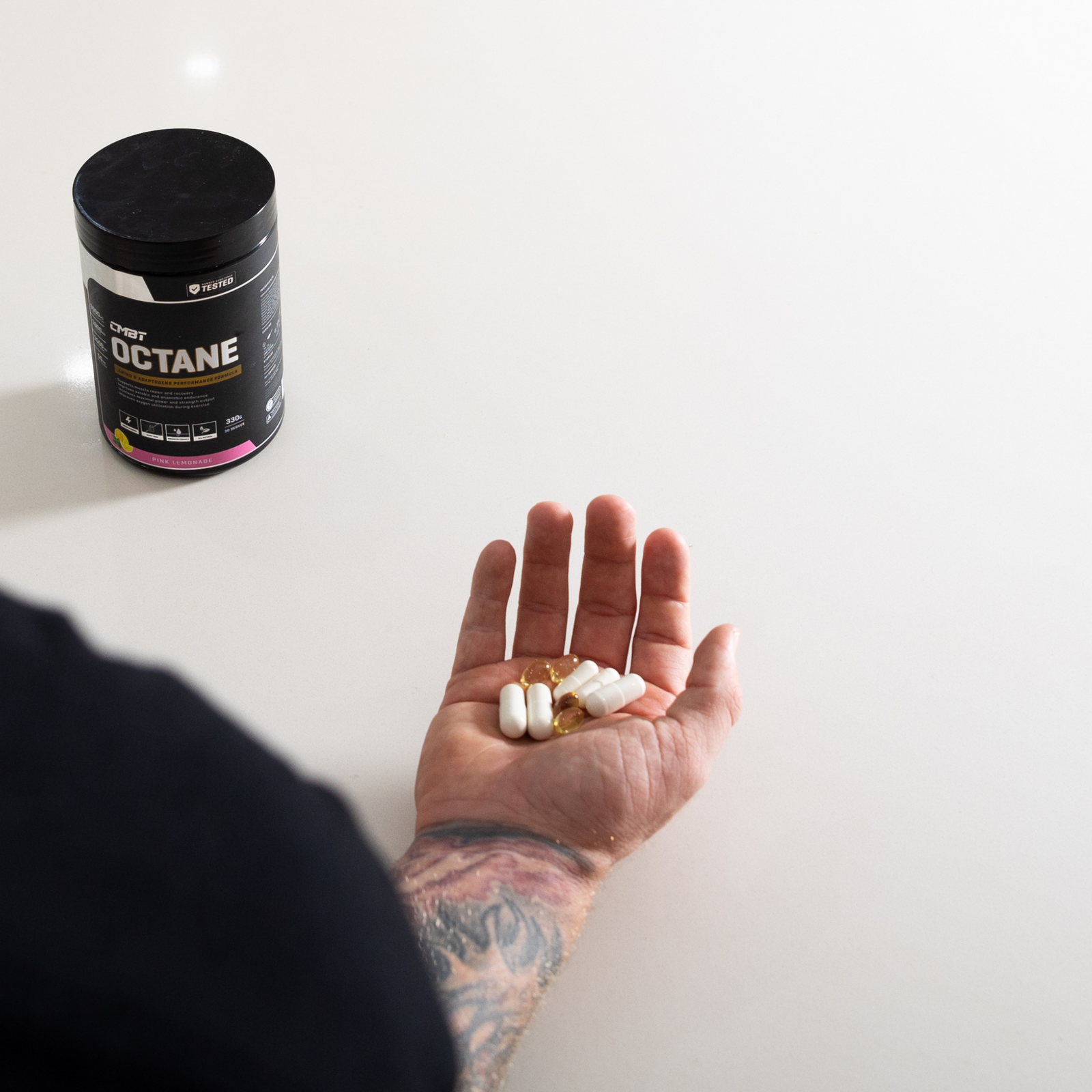


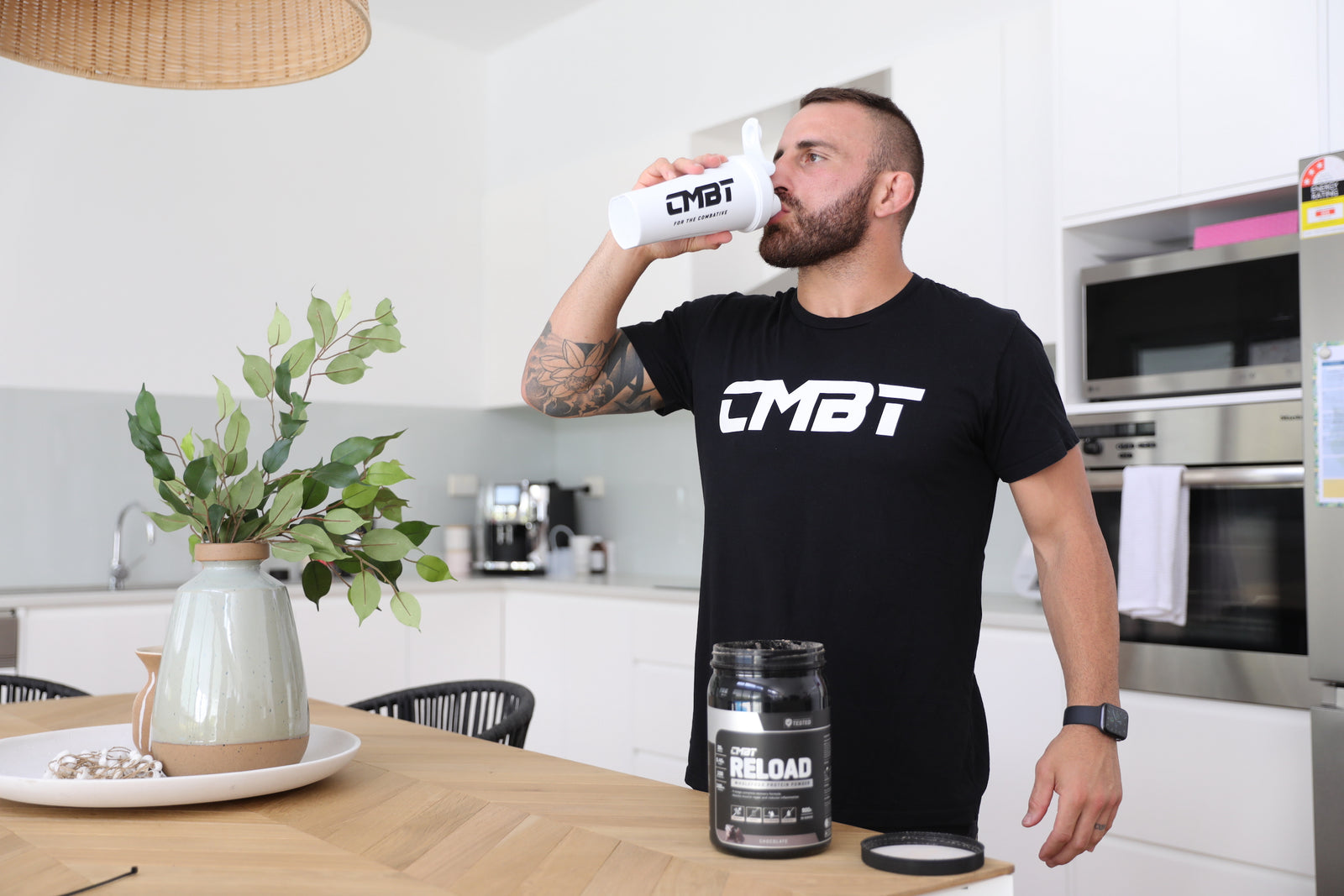
![[VIDEO] Fuel Your Passion feat. Sami Locke](http://cmbt.com.au/cdn/shop/articles/Sami.jpg?v=1625826844&width=1600)